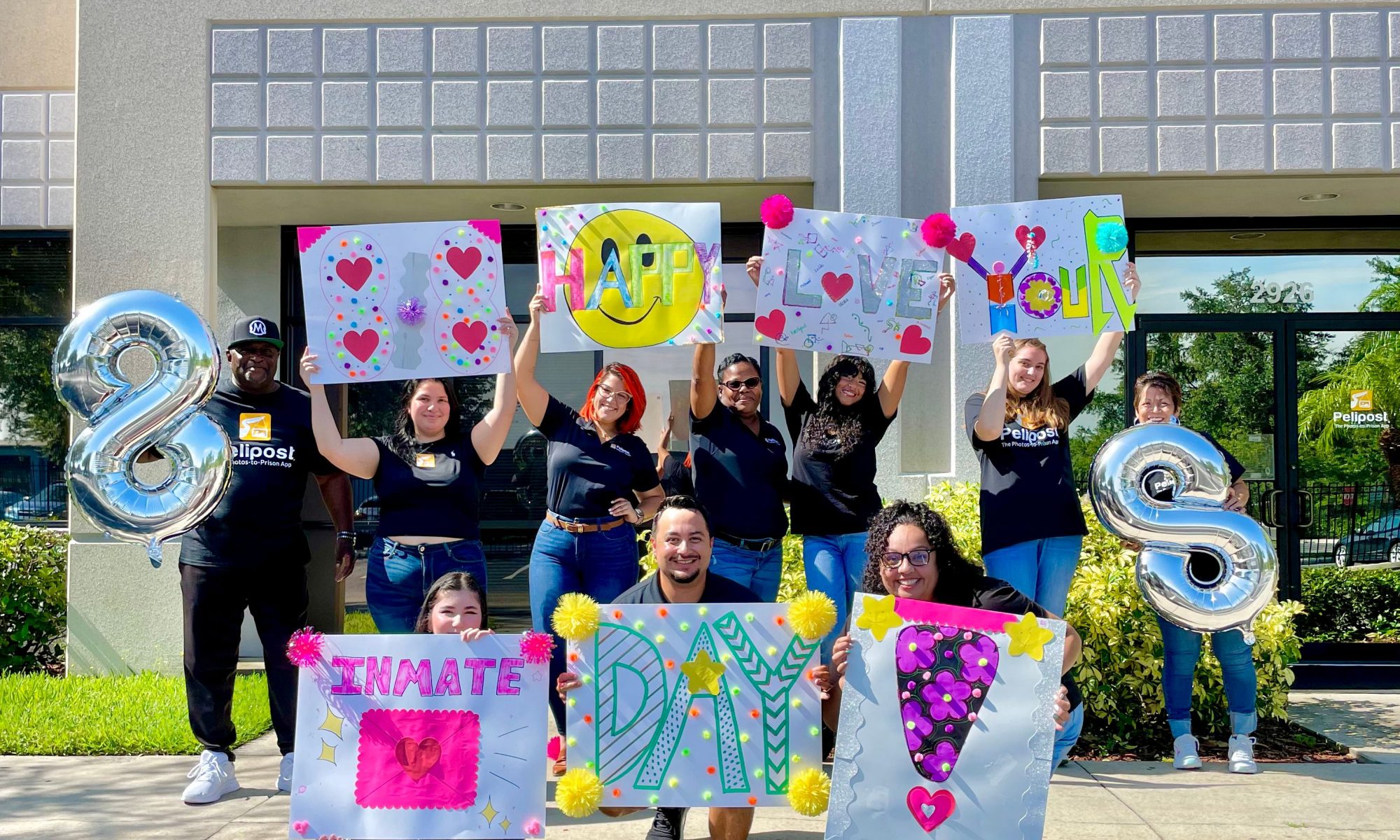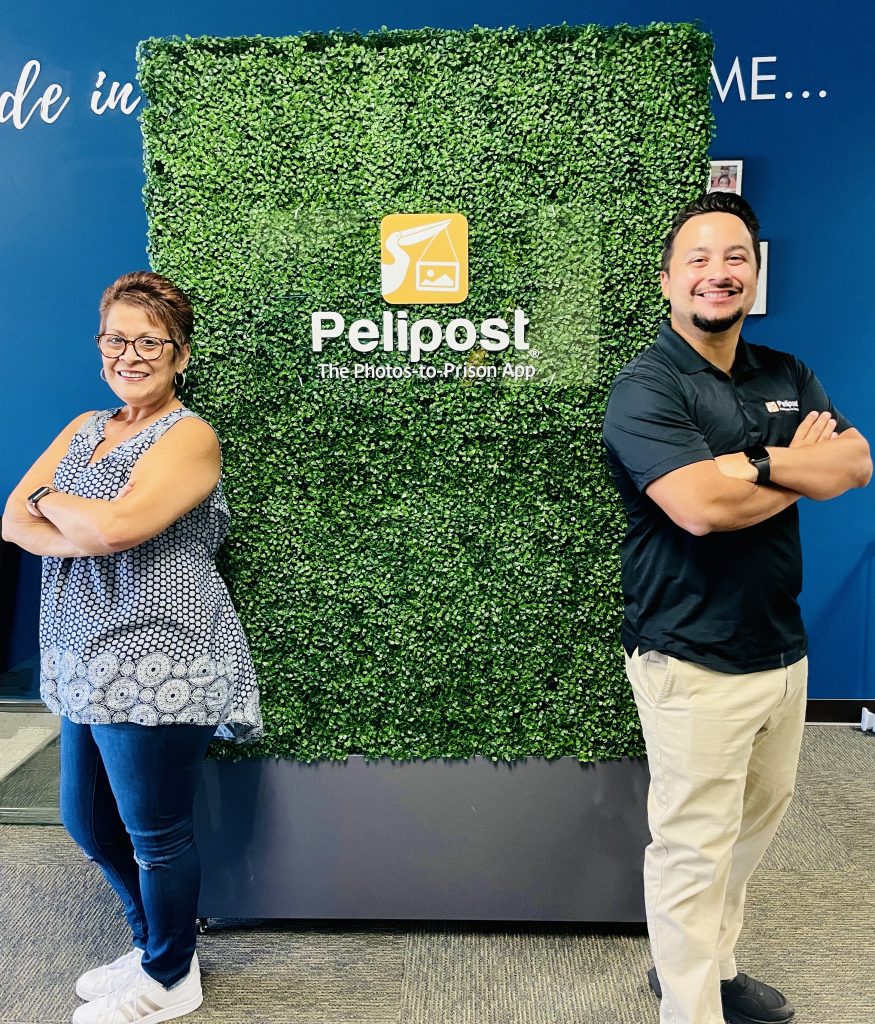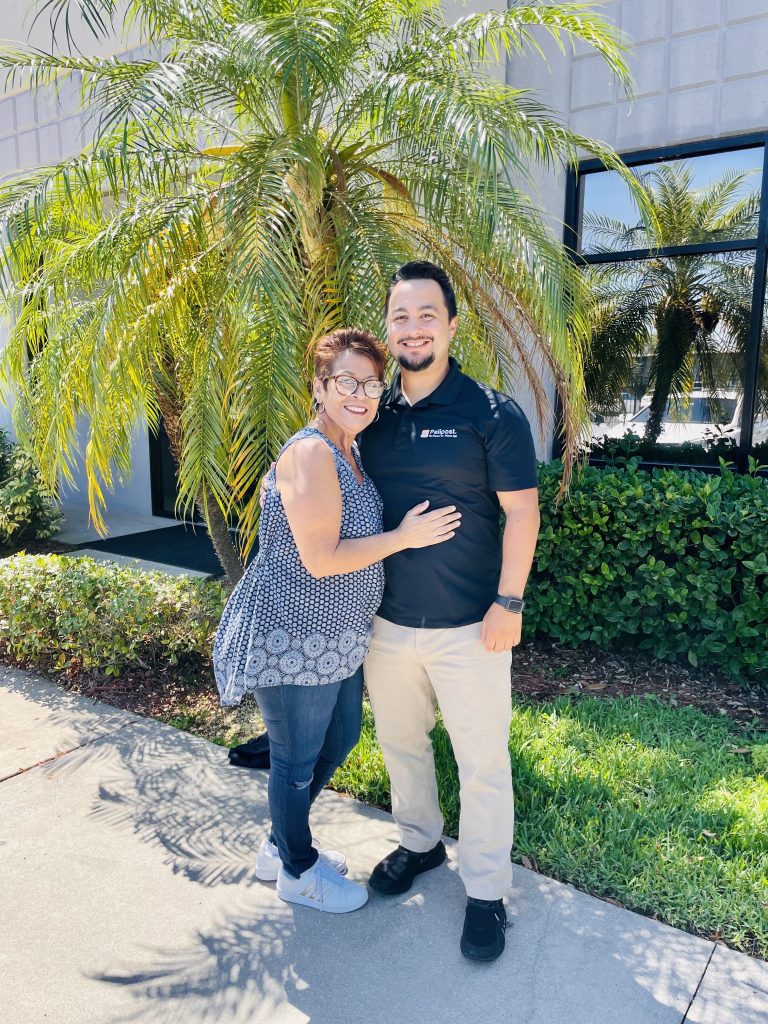As people, we send gifts to loved ones for birthdays, holidays, or just to show that we care. However, due to the rules and regulations of what inmates are allowed to receive in the mail, gift-giving is not the same. But did you know you can buy gifts for your incarcerated loved ones through approved catalogs? These catalogs can include anything from food, clothing, and other items that are approved to send to your incarcerated loved one. Many of these care packages can be ordered online and shipped to your incarcerated loved one’s facility. We have listed a few care package resources below. Just as a reminder, always check your loved one’s specific facility for their rules and regulations.
Access Securepak:
Access Securepak allows family members and friends to send packages to inmates. This company was developed to eliminate contraband and greatly reduce the time and labor required to process packages. You can create an account and purchase a care package from them here: https://www.accesscatalog.com/index.html?PageID=8
Union Supply Group:
Union Supply Group offers inmate and family package programs for either state-wide agencies or individual facilities. Union Supply Group uses the entire range of products offered by Union Supply Company and Food Express USA to create completely customized programs. To purchase, visit: https://www.unionsupply.com/sp_union_supply_direct.aspx
Jack L. Marcus Company:
The Jack L. Marcus Company offers care packages to send to incarcerated individuals in select states. These states include California, Georgia, Kentucky, Louisiana, Michigan, Minnesota, New Jersey, New York, Oklahoma, Tennessee, Vermont, Wisconsin, and West Virginia. To send a gift from their catalog, go to: https://jlmarcuscatalog.com
iCare:
iCare offers snack packages that friends and family can send to their incarcerated loved ones to show them how much they care. From salty to sweet, they have the perfect package to send your loved one a treat. Send your loved one a snack pack here: https://shop.icaregifts.com/shop
Inmate Care Packages:
Inmate Care Packages offers a wide range of options to send to your incarcerated loved one. The categories for their bundles include Food, Clothing & Apparel, Personal Care, Books/Magazines, Electronics & Accessories, and even inmate phone plans. You can find their care packages here: https://www.inmate-packages.com
Pelipost:
Through Pelipost, you can send photos to your incarcerated loved one. Photos are a tangible token of your love that your loved one can physically hold and cherish. Photos mean so much to incarcerated individuals, and help you to keep in contact with them.
Ready to send pictures? You can download the Pelipost app through the Apple App Store or Google Play Store.














